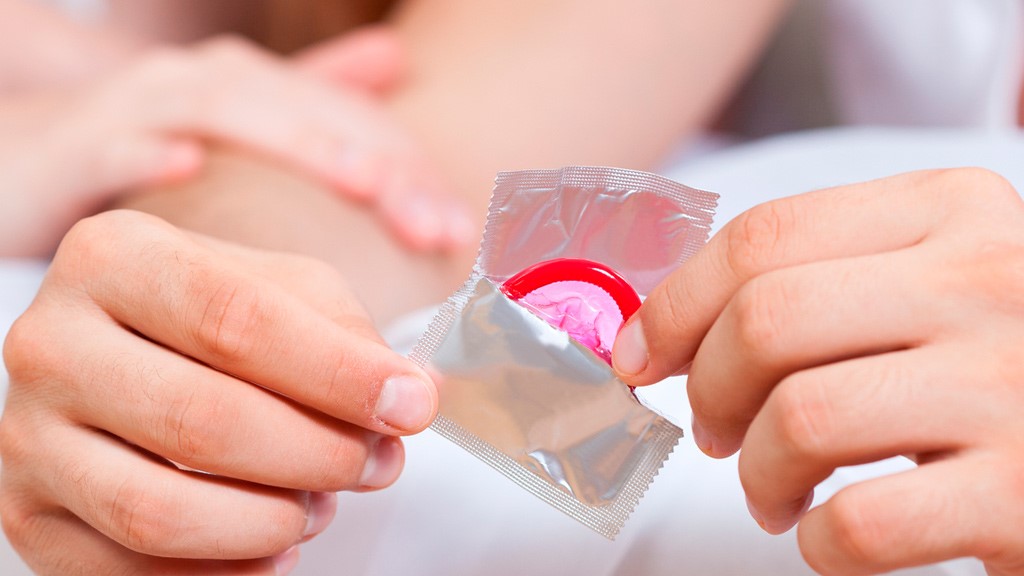Key points
- You can prevent Zika virus disease (Zika) by protecting yourself from mosquito bites and using condoms or not having sex.
- The timeframes that males and females can pass Zika virus through sex are different because the virus can stay in semen longer than in other body fluids.

Preventing Mosquito Bites
Mosquitoes bite during the day and night. You can prevent bites to reduce your risk of getting an infection.
- Use an Environmental Protection Agency (EPA)-registered insect repellent.
- Wear long-sleeved shirts and pants.
- Control mosquitoes indoors and outdoors, such as using window screens.
Find more tips to prevent mosquito bites at home and while traveling.
Even if someone does not feel sick, people returning to the United States from an area with a risk of Zika should take steps to prevent mosquito bites for 3 weeks so they do not spread Zika virus to mosquitoes that could spread it to other people.
Preventing Sexual Transmission
Zika virus can be passed through sex from a person with Zika to their partner(s).
- Sex includes vaginal, anal, and oral sex and the sharing of sex toys.
- Zika virus can be passed through sex even in a committed relationship with a single partner.
- The timeframes that males and females can pass the virus through sex are different because the virus can stay in semen longer than in other body fluids.
Infected people can pass Zika virus through sex even when they do not have symptoms.
- Many people infected with Zika virus will not have symptoms or will only have mild symptoms, and they may not know they have been infected.
- Zika virus can be passed from a person before their symptoms start, while they have symptoms, and after their symptoms end.
How to protect yourself during sex

- Condoms can reduce a person's chance of getting Zika from sex. Condoms include male and female condoms. To be effective, use condoms during vaginal, anal, and oral sex as well as the sharing of sex toys.
- Dental dams may also be used for certain types of oral sex (mouth to vagina or mouth to anus).
- Not sharing sex toys can also reduce the risk of spreading Zika virus to sex partners.
- Not having sex eliminates the risk of getting Zika from sex.
- Testing is not recommended to determine how likely a person is to pass Zika virus through sex.
